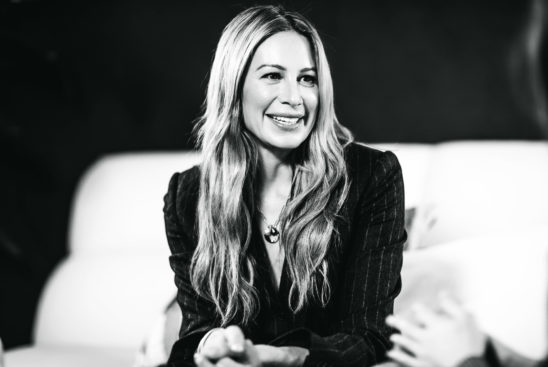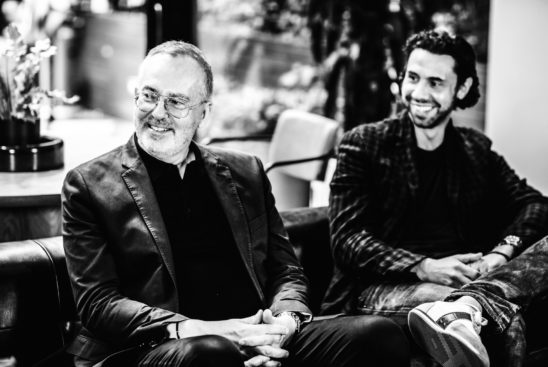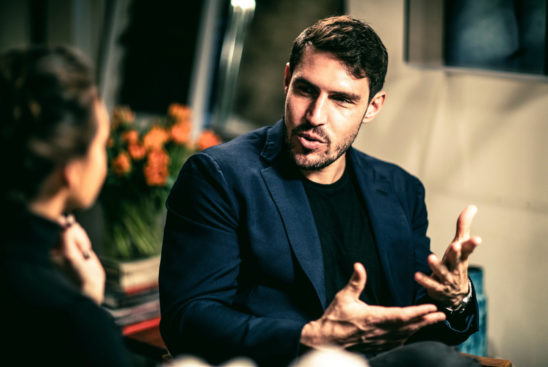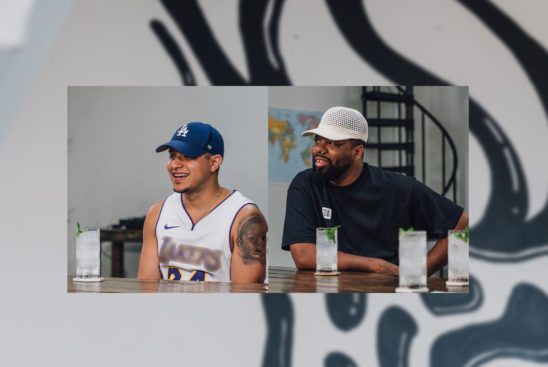Bucketfeet has raised $13.3 million in funding to date. At just 28 you started the shoe brand. Would you say that you were born an entrepreneur or that you fell into it?
A little bit of both. I think I always knew that I wanted to work for myself. I knew I wanted to leave a mark on the world. When it’s all said and done, I want to know that I left the planet better than when I came here. That’s always been a goal of mine, but then I went to school, got a regular job out of college and worked in finance. I sort of went on a completely different path. I went the exact opposite way of what I always thought. In 2008 I did something that changed my life forever –I quit my job to travel and lived abroad for two years.
Not many people have the guts to leave their stable job like that.
I consider myself very privileged to have had that opportunity. What it really showed me is that there are a lot of really amazing people around the world doing amazing things. A lot of them have had it a lot harder than me, and they’re taking these risks despite the fact that they might not have a safety net. It makes you think, “Are you taking any risks by doing something on your own?” For someone like me – I have work experience– if I completely fail, I’m still going to have the opportunity to do something with my life. So why not take that chance? That’s what it was for me. That was the lightening rod that gave me the confidence to go out and do something.
Bucketfeet connects people through designing unique limited edition shoes using artists’ prints from around the world. Was there a lightbulb moment that sparked the idea?
It was many lightbulbs. I met my co-founder, Aaron Firestein, in Argentina. We were volunteering, became friends and that was it. We hit it off. Before I left Argentina, I found out he designed shoes. I said, “You have to design me a pair of shoes. I’m going to wear them while I travel around the world and take pictures,” which, of course, I never did. But, I was hoping to wear them around the world while I traveled. So he designed these shoes for me. Everywhere I went I was alone. I’m naturally not the person that’s going to go meet people. I found that when I ate dinner by myself my shoes were this icebreaker. Everywhere I went people commented on my shoes. I had this interesting story to tell. I talked about Aaron. I talked about where he was from, where we met and the inspiration for the design. All of these things made me seem a lot cooler than I was. Had it had happened once, it wouldn’t have mattered, but literally hundreds of people asked about these shoes and I had a cool story to tell. It never got old.
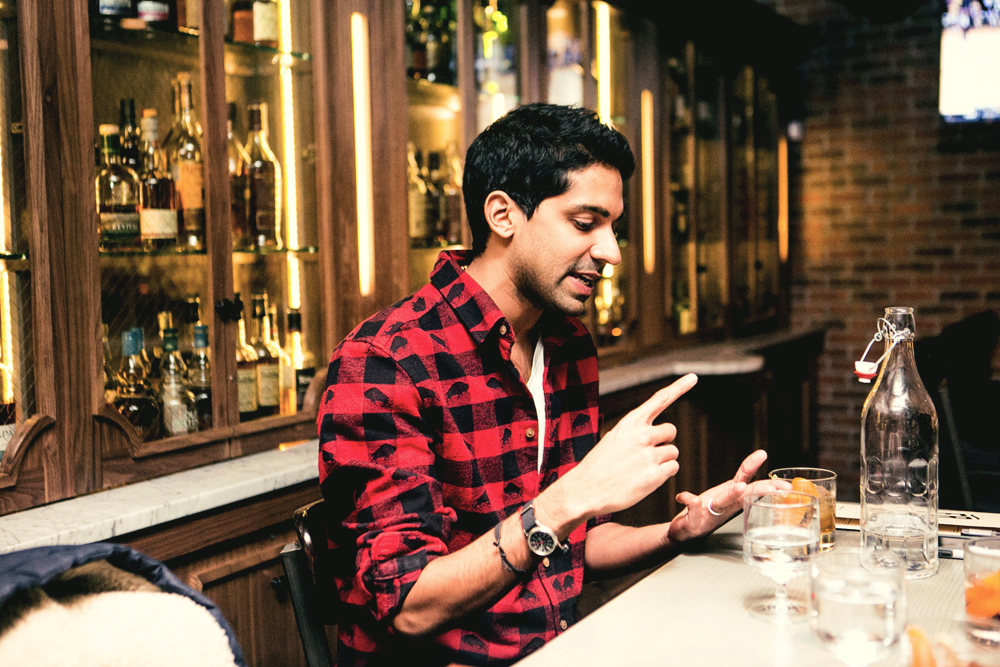

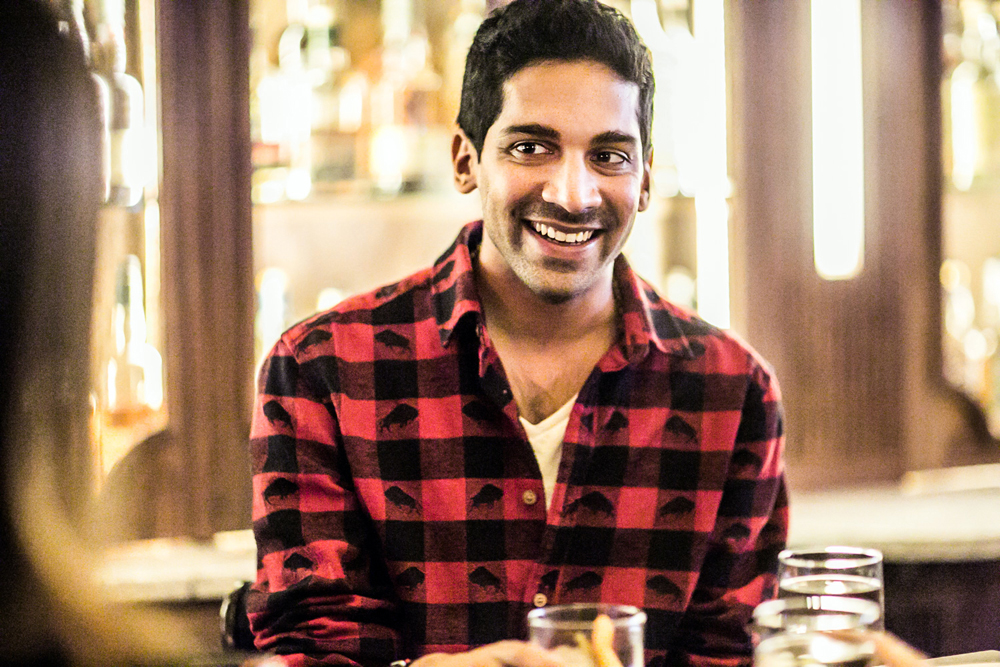
Your two years abroad took you to 30 countries and every continent. To those thinking about quitting their jobs and traveling the world, what’s one piece of advice you’d give?
Pack 80 percent less than what you need. What you don’t realize is that pretty much everywhere on the planet you can get anything you need, even in the most remote place you can get toothpaste and shoes and you’re always going to want to buy stuff. I think what I ended up with was probably one or two things I started with. Pack light. Very light.
Would you still have started the company had you known about the obstacles you’d face?
That’s a great question. That’s something we’ve talked about a lot. Something I knew nothing about were shoes. They’re really hard to make. Our first investor, he’s a fashion guy, Brian Spaly, who started Trunk Club and Bonobos said, “Literally the only reason I’m investing is because you’ve figured out how to make shoes and have made shoes that I like and my team likes.” He said, “If you’re able to figure this out, I’ll assume you’ll be able to do everything else.” If we weren’t so naïve about how hard shoes would be, we may have been like, “Screw it, let’s try t-shirts.” Our mission is connecting people through art, so we weren’t driven by shoes necessarily. We just thought it would be a fun, unique, different product. We’re glad we did it. I don’t think there’s any chance we would have [pursued] it if we’d known. It’s crazy.
What were some forks in the road where you had to make a specific decision on how to grow the company?
There were a few. Number one: We raised very little money in the beginning to start the company which was also naive. We didn’t realize how much capital it took, and we made the obvious sort of amateur assumption that, “If we make this many shoes we’ll just sell them all and then we’ll just reinvest.” You don’t realize you have all of these other expenses and you may not sell every single size at the same pace. So, when we had to build a website we could either try and raise more money, try to put more of our money in, or partner with somebody else willing to do that. We partnered with this local company, Dashfire. They trade services for a little bit of ownership in the company. Now, when we don’t need to do that, I wouldn’t because you don’t want to give ownership. But, if we hadn’t done it, we may not have had a company. You make these choices that allow you to live another day. You try to make as many decisions as you can to live another day, and then hopefully one day you’ve built something.
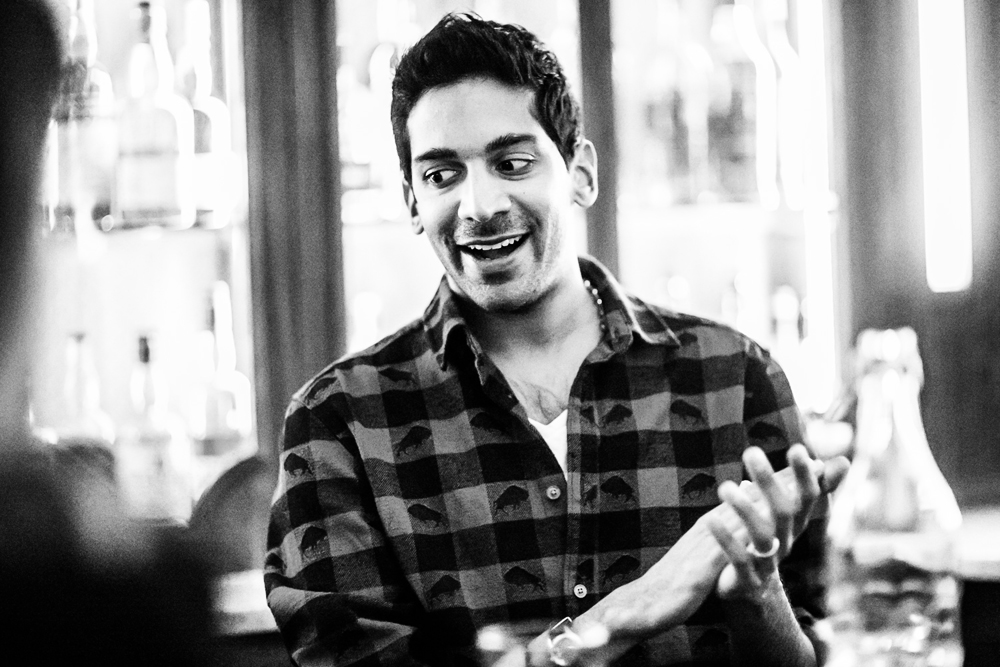

Any other turning points that were monumental?
Another major one was: We were working with a company called Li & Fung. They are an asset global sourcing agent and they’re expensive. They still are, but they get us all of our stuff on time. The quality is amazing. We were trying to save costs in the early days and we got introduced to another supplier and said, “Let’s work with them.” We effectively stopped talking to Li & Fung and we didn’t even say, “Hey, we’re gonna go in another direction.” We stopped talking to them and we sort of put them on hold. Then we realized this other company didn’t have the same resources. They didn’t have the same quality factories to work with. It was much more difficult to interact with them. They didn’t speak English as well either. After meeting them in China and seeing their operations, seeing them in person, we’re like, “Holy sh-t, we just ran into the worst mistake of our lives.”
That must’ve been a long plane ride home.
This was in the early days, so I said, “Aaron, we can’t leave. Li & Fung is based in Hong Kong too. Let’s try and get ahold of them.” I literally called them and said, “Hey, I happen to be in China for a friend’s wedding and we’d love to meet.” We met with them and they decided to keep working with us. They’ve been the most incredible partner ever. We still work with them today.
This year you raised $7.5 million in a Series A round and have over 10,000 artists in your network. Was there ever a moment when you weren’t sure if there would still be a Bucketfeet?
Yeah! We’ve almost gone bankrupt, and our investors know this. I actually had this conversation with a friend recently. They asked me, “Maybe you’re just running the company horribly. Why are you guys always almost going bankrupt?”
What was your response?
I hear stories from other entrepreneurs and they talk about how they’re about to go bankrupt and then they get another round of funding, survive and sell. Even Brian [Spaly] from Trunk Club has a story on how they were almost bankrupt, raised money and sold the company to Nordstrom for $350 million. To succeed and make something out of nothing you have to sort of run it to the bone and basically push it to the limit. It’s either going to break and not work or it’s going to work. I think if you don’t do that then you may still have a great company and you may still grow, but you’re never going to be one of these special companies. We are far away from that, but our dream is to be a special company and not just here [in Chicago], but around the world.
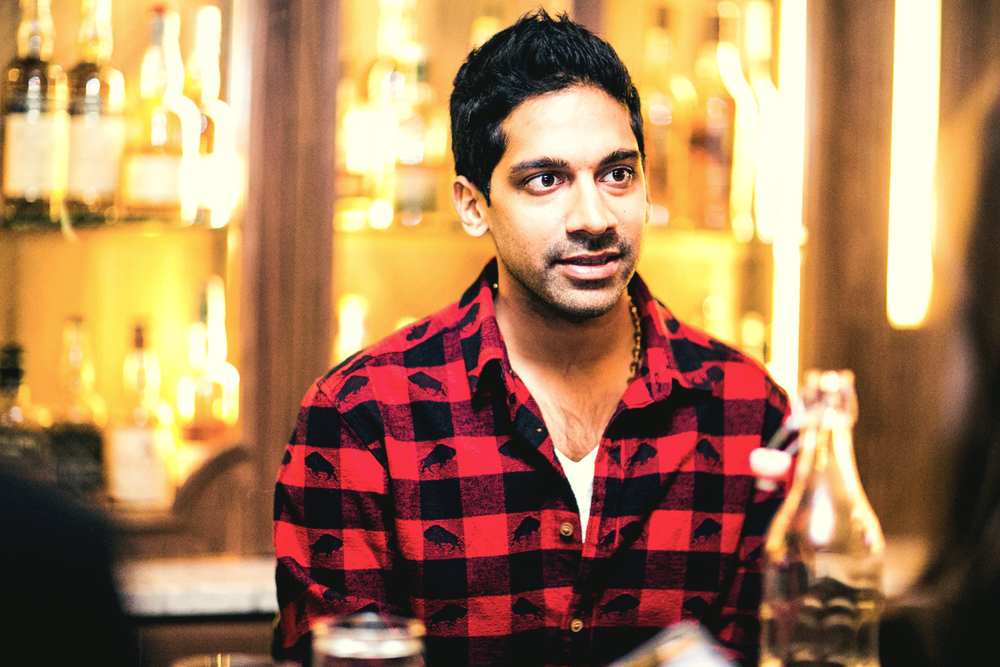
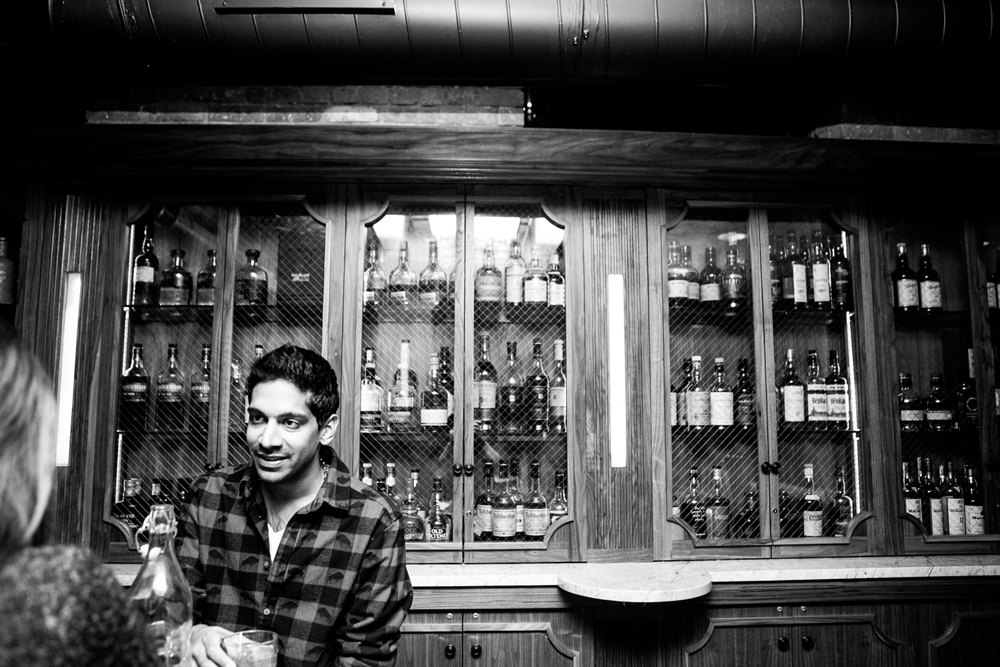

We now see the shoes at Nordstrom, Bloomingdale’s and Lord & Taylor in addition to your website and pop-up stores. What’s it been like starting an international retail fashion brand in Chicago?
I think if you were to try and count the cool, fun consumer brands in this city, there’s not that many. There’s Threadless, there’s Trunk Club and there’s us. It feels special being one of those few. If you go to New York there’s a million. If you go to L.A. there’s a million. I think it’s cool to put Chicago on the map. Our partners are surprised we’re in Chicago. We do a global sales meeting every year. People are flying in from 25 countries. For many of them it was their first time coming to Chicago last year.
What was scarier, deciding to travel or starting the business?
One hundred percent the travel. I think it was scary for my mom too. That was the big step off the beaten path, right? In 2008, I was just under two years in private-equity and my friends were either taking promotions, going to business school or going to other big companies and I walked into my boss’ office and said, “Hey, I’m actually going to go travel for a year.” It ended up being two years.
Most unnerving moment on your journey?
I bought a one-way ticket to Argentina. I honestly had a panic attack on the plane. I was thinking, “Did I just quit my job? I have no money. I don’t know anyone here!” I’m not the outgoing guy. I’m fine when I meet people and I’m very social, but I’m not going to just go up to somebody. I landed —I still remember this, you remember these moments in your life— and it was a rainy, dreary day. I go to the hostel, tried to pay for the hostel and my credit cards and ATM cards won’t work. I’m trying to call Citibank; this is literally my first day. The hostel was like, “Well, if you can’t pay by this time we’re going to have to kick you out.” I just got off on the wrong foot. Finally the cards worked. People were playing pool at the hostel so I bought a beer to just go hang out by myself. It was such an awkward feeling. These British, Irish and Scottish guys start talking to me and asked if I wanted to go out with them that night. To this day it’s one of the best nights of my life, very good night. We’ll leave it at that.
Biggest takeaway from those experiences while traveling?
What you thought was the worst experience of your life can switch like that. And that’s what this trip told me. You never know what the next day, not even the next day, the next minute or hour is going to bring, and that’s amazing.

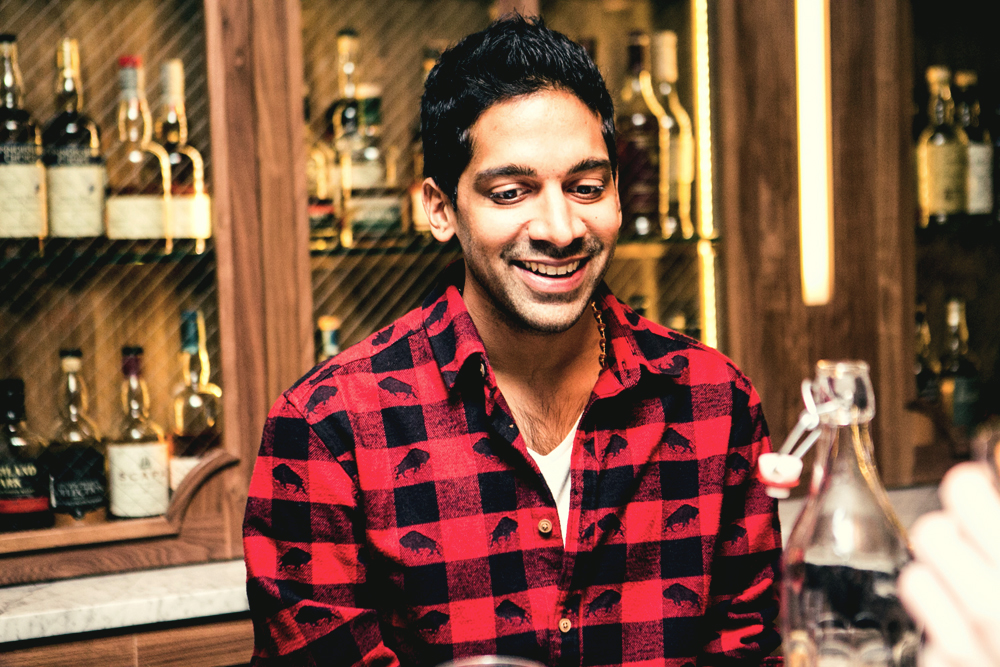
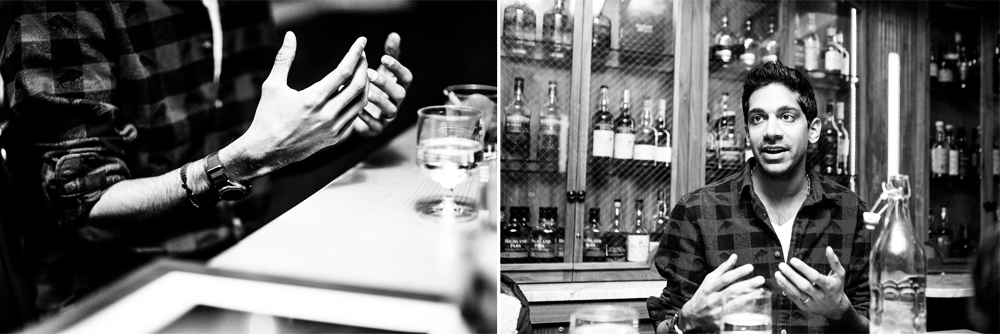
Aside from getting on that plane, your business would not be here today had you not done what?
The business would not be here had I not volunteered. I literally met Aaron in the most unlikely of neighborhoods. One of the poorest neighborhoods of Buenos Aires and he was one of three other people there. What I think it also tells you is there’s always that next opportunity around the corner. Sometimes you feel like you missed out on something, but then something else comes up.
How did an Old Fashioned become your favorite drink?
I’ve always been a whiskey guy. Maybe “Mad Men” had something to do with it. Not to be too cool to admit that.
If you could have a drink with anyone, who would it be?
The one person that I really respect is Bill Gates. I think in 50 years nobody is going to remember Steve Jobs, and nobody is going to remember Bill Gates for Microsoft. I think everyone is going to remember Bill Gates for the non-profit work he’s done and the work in Africa he’s done. He’ll have eradicated all of these diseases and convinced the richest people in the world to do the same. I think it’s incredible that this type of person decided to make that his life mission.
First thing you’d ask him?
Where do you get your haircut? No. Microsoft gets a lot of sh-t compared to Apple, but that’s not what it’s about. He had this greater purpose he wanted to accomplish. I think that’s amazing, this idea that you can go be successful, make a lot of money, but again, [decide] what is that impact you want to make? I always try to think about that.
Our readers will want to know the hilarious story behind the framed picture below with the company name misspelled as “BurcketFeet”.
Aaron gave me a copy for our 4-year anniversary. We have one in the office too. I mean, we were flipping out when we saw this. There was a semi of shoes, and as we were unloading our first shipment into our house, which doubled as our office, we saw the carton said “BurcketFeet”. What do you do? We spent all of our money on these shoes. We would have had to change the name [had it not been only on the carton]!

KIRSTEN MICCOLI PHOTOGRAPHY / A DRINK WITH AT THE FRANKLIN ROOM
Did you enjoy this feature? Subscribe to our newsletter and never miss a drink, we promise we’ll never spam you!

